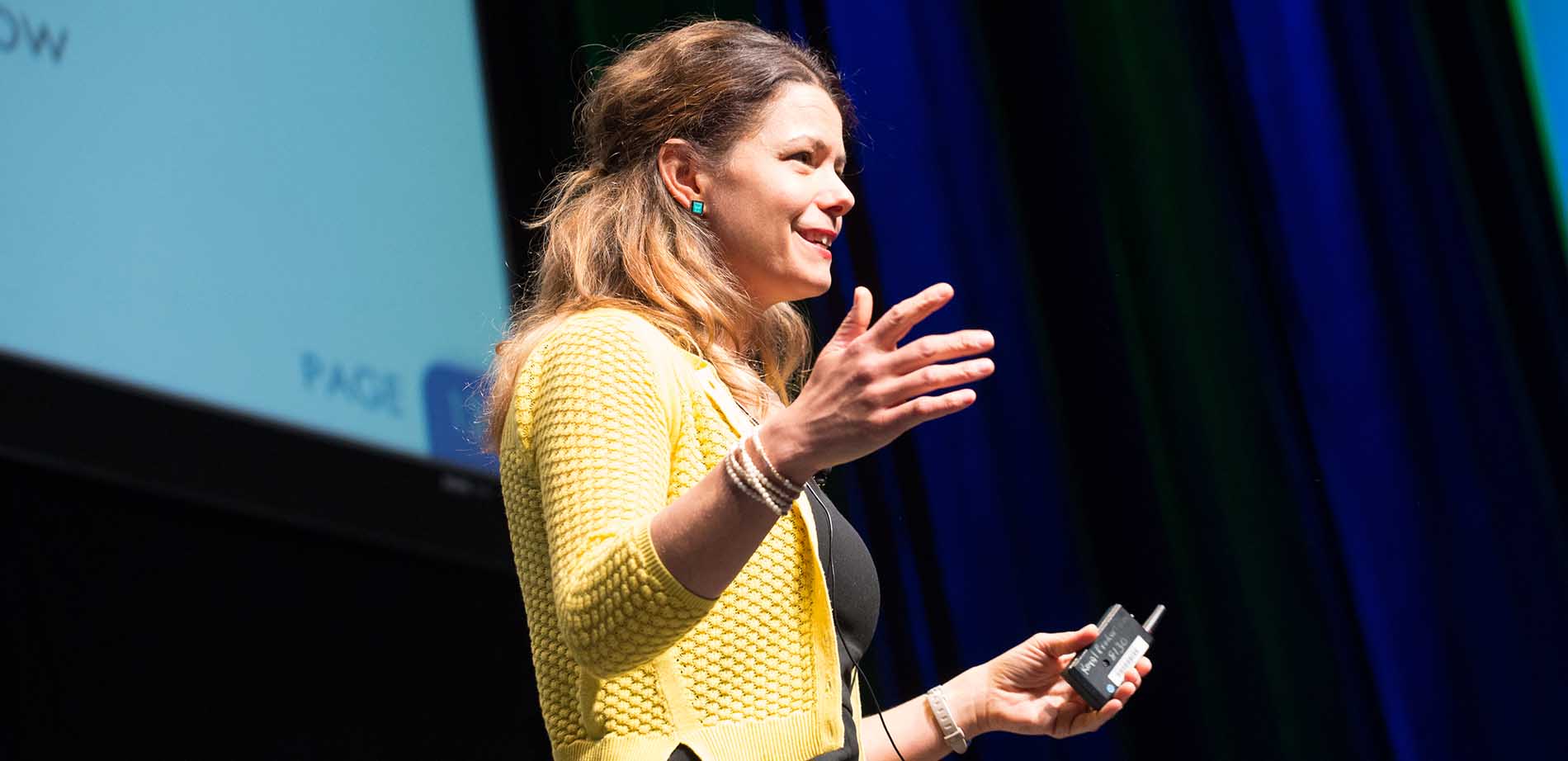During my time at Amazon, I interviewed nearly 1,000 candidates for employment – everything from Data Scientists to Vendor Managers to senior leadership. While I’m no HR person, I was one of the company’s first round of “Bar Raisers”, and elite group of specially trained interviewers who were responsible for facilitating hiring decisions and training other managers on how to interview for maximum success. Today, I’m back in the hiring seat at Ideoclick, having hired over 75 employees in the past 18 months and flexing those old interviewing muscles!
Amazon has a notoriously rigorous interviewing process, and here are some tactics we used at the best of the best.
Note: These ideas assume you have a steady stream of job candidates, something everyone is not always lucky enough to have…
1. Try your hardest to weed them out (vs. trying your hardest to hire them)
Develop “make it or break it” competencies for your role. Does this person need to charm clients? Process large amounts of data? Dance a jig? Decide what you care about, and ask it to every candidate for comparison. The first candidate’s answer might seem good, but the second candidate’s answer might be plain awesome, rendering the first candidate “meh”. Also, ask what you really want to know – this isn’t the time to be shy. Are you puzzled by a gap in their resume? Worried about why they hopped three companies in three years? Wondering why they *really* left their old company, or why they listed surfing on their resume as a hobby (while they’ve only ever lived and worked in Mineesota?) ASK.
Here are two interview questions I can’t live without:
How would you solve [insert largest business challenge you’re currently facing]?
First, you get to see how they’d approach the problem they’d actually be working on (or be overwhelmed by it.) Second, even if you don’t hire this person, you’ll get some ideas. Upon asking a candidate this question recently, I received an excellent idea that I’m now implementing in my business, making even that mediocre interview *not* a waste of time.
“What are your strengths and weaknesses?” Then, following their answer, “What would your family and friends say are your strengths and weaknesses?”
If their weakness is presenting in front of groups, for example, and this job is all about that, they’re out. The second part gives you a window into their character. Are they hyper-organized, which makes their spouse crazy? Do their friends hate how last-minute they are?
You’ll be surprised what people share with you when they start talking about their family…and how it helps your hiring decision.
Also, don’t accept their first answer – dig in. Ask for details. Which leads me to #2…
2. Make it stressful
Yes, I’m suggesting stress interviews. You wouldn’t want someone on your team who caves under pressure, would you? So, apply a healthy amount. While I’m not suggesting nonsense brain teasers like, “why are manhole covers round?”, drill into their answers. Pretend your life is at stake over their results. (Note: The more stake you have in your company’s game, the better you’ll be at doing this…naturally.) What data shows it was a success? How much, when? Who was the most difficult stakeholder, and how did they overcome it? What could they have done better? What would have happened without them on the project? A good interviewer can spend 45 minutes pulling apart a single interview question…and a good candidate will roll with the punches.
3. Have an independent interviewer – someone *not* in the management chain – to be the voice of reason
Often, we’re desperate. We’re overworked. We just NEED TO FILL THIS ROLE, NOW, man, or our heads are going to explode. It’s not surprising that our desperation clouds our judgment. For example, I once bar-raised for a hiring manager at Amazon who wanted to hire a guy who was clearly intoxicated during his interview. His answers were OK, I guess, but the guy was drunk as a skunk. Not cool. Anyway, Amazon knows about desperation, and they have a mechanism to prevent against it – having someone on the interview loop who isn’t personally motivated to fill the role. A voice of reason, or “bar raiser”.
Sometimes we all need to be saved from ourselves.
4. Make all interviewers sit together in a room after the interview for a “debrief”
If you don’t already do this, you should. It allows the team to calibrate on the candidate, discuss the needs for the role, and it gives the recruiter valuable intel and feedback on what to look for. Recently, our group debriefed a candidate and realized we had the recruiter looking for the wrong profie altogether. We had a productive discussion about the team’s needs, and changed course. Questions like, “would anyone fight for this candidate?” and “what’s their superpower?” are great starter questions. Which leads me to #5:
5. Find, and discuss, their superpower
Pretend they are a superhero, what would their superpower be?
This helps orient the conversation to the candidate’s strongest asset, and it encourages a discussion on whether that’s an important void in the organization. Are they faster than a speeding bullet? If your organization values thoughtful deliberation, they may not be a fit. They could sell ice to eskimos? If it’s a sales role, great! If your open role is an actuary, maybe not so great.
Can’t find a superpower that’s relevant to your organization? Sorry, they’re probably not a good hire. (See #1, “Try your hardest to weed them out, vs. trying your hardest to hire them.”)
What best practices do you employ when interviewing?

